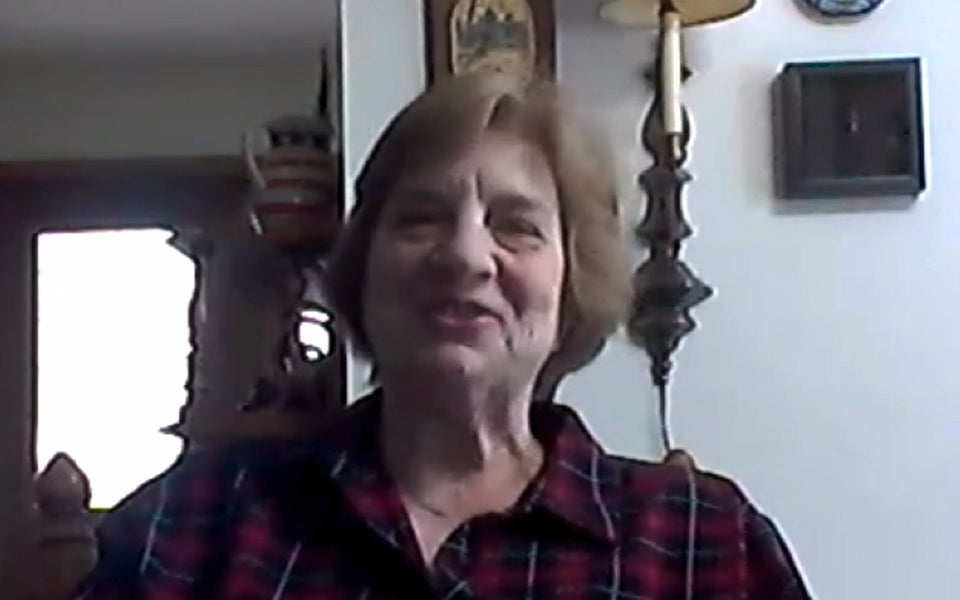EduShare - Higher Ed Blog & News
Just For Fun - 4 Videos That Inspire Great Service
by Celeste Headlee
Most educators feel that we have exceptional communication skills. Long-time radio host, Celeste Headlee shares 10 great tips for developing the skills needed to have a coherent, meaningful conversation every time you interact with a student. Definitely, an entertaining presentation with lots of great ideas
Personalizing Your Department’s Service Strategy
Try This At A Meeting!
We all know that service is absolutely critical, but due to limited staff and resources, it is easy to fall into the “service rut”, doing the same thing over and over. So how do you keep your service ideas fresh and innovative? You need to talk about service and have a forum to brainstorm new service ideas. So are you willing to take the challenge? If so, keep reading!!
Hear From The Pros! 4 Service Experts Share Ideas
Sweat The Small Stuff: Customer Service Matters
Do you hold the door open for others? Do you ask, "How are you today?" Are you listening with intention? Learn about the tremendous impact that these "small" things can have on customer service!
Learn More
Customer Service By The Numbers
How do you measure customer service? Do you have service standards and if so, do your customers know what those standards are? What do these numbers stand for and what do they have to do with customer service in higher education? 90%, 73%, 82%, 96%, 5%.
Find Out Now
Does Customer Service Belong In The Classroom?
Today's students expect customer service at all levels and at all times, but how do you bring customer service to the classroom? Teachers have so much to cover in their classrooms already, so can we make customer service easy for our faculty? 4 Service Strategies for the Classroom.
Check Them Out








